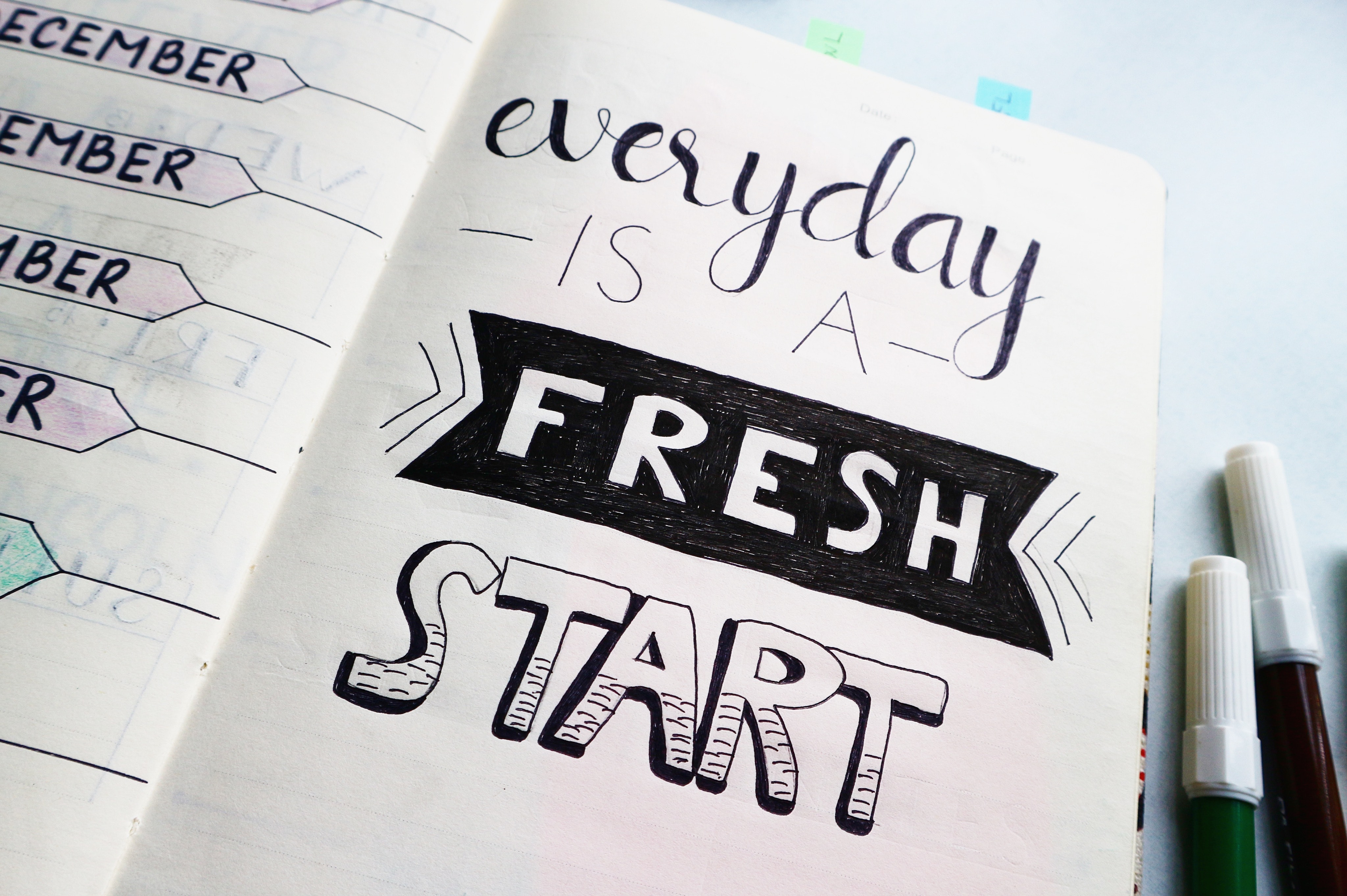
PROCRASTINATION: “voluntary delay of an intended action despite knowing that you’ll be worse off for the delay.”
The vast majority of kids procrastinate, especially when it comes to school. And most teens are pretty set in their reasoning – why on earth would they do something that they don’t want to do/don’t like doing/that stresses them out before they absolutely must?
If you’re like most parents I talk to, your kids are active and possibly loud participants in the student culture of procrastination.
There are countless reasons to take serious action to help your kids remove themselves from the culture of procrastination ASAP. Here are the top ones:
😞Procrastinators get worse grades on tests and see themselves as less capable (https://bit.ly/2CJ98mZ).
🥺Procrastinators don’t develop an accurate sense of their own abilities or how well they’re actually capable of performing (https://bit.ly/2CJ98mZ), reducing their sense of intelligence and perception of how successful they can be.
🥵Kids who procrastinate make more mistakes on their homework and on timed/in class tests, AND take longer to complete both (https://bit.ly/2FEAJpM)
🥴People who procrastinate don’t take responsibility or ownership (“I didn’t have enough time” vs. “I chose to spend my time in other ways”) (https://bit.ly/2UiJLSO)
🤧Procrastinators show lower levels of resilience (https://bit.ly/2CIC8v9).
🤑Procrastinators save less money throughout their lifetime (https://bit.ly/2orGVXD)
😢Procrastinators are more stressed and overall “more miserable” overall than their non-procrastinating counterparts (https://bit.ly/2orGVXD)
😱If students don’t learn to overcome procrastination, as professionals they’re more likely to suffer from “lower income, shorter duration of employment and more unemployment” (https://bit.ly/2YCJM3B)
😸The longer the student culture of procrastination has its claws in your kids, the harder it is for them to extricate themselves. Studies show that 80-95% of college kids have in fact made procrastination “a way of life” (https://bit.ly/2orGVXD).
😵Procrastinating things they DON’T want to do encourages putting off opportunities to enjoy themselves, such as buying concert tickets or auditioning for a play (https://bit.ly/2UiJLSO)
😳Overtime, procrastinators suffer from “measurably destructive effects” that lead to depression, poor physical health and general low satisfaction with life (https://nyti.ms/2CCk069 and https://bit.ly/2YCJM3B).
So what do we do to help our kids understand the procrastination trap and get out of it once and for all? What does this look like for them?
First, recognize that procrastination doesn’t disappear on its own. It’s not something that naturally “goes away” as we get older or mature. It takes practice to overcome. Kids have to learn to avoid it.
💪 Kids stop procrastinating when they develop and implement *explicit* strategies and mindsets to do so.
Second, understand that all the productivity “hacks” in the world aren’t going to reduce or eliminate procrastination in any meaningful way.
💪 Kids understand that they’re more than welcome to seek out “quick fixes” if they’re not serious about addressing the root of the problem. They know it’s their choice if they want to (a) prolong their struggles by wasting time on superficial “solutions” or (b) take action towards real, sustainable skill-building that will get them out of procrastination hell once and for all.
Third, procrastination is not a time management issue or an inherent personality trait. It’s an emotional regulation problem. It’s about attitude: associating negative moods (boredom, anxiety, self-doubt etc.) with certain tasks (https://nyti.ms/2CCk069).
💪 Kids equate learning to avoid procrastination with learning to manage their moods and attitudes.
Helping your kids take total ownership over ridding themselves (and wanting to rid themselves) of procrastinating is key. From here, we show them how to reframe their thinking around the tasks they wish to procrastinate.
The value of this entry point for helping kids become happier, healthier, and more resilient cannot be overstated.
It can flip their whole student experience and eventual professional trajectory on its head, and pave the way for achieving more than they may think is even possible.
If you want to get your kids out of procrastination hell, lets talk.




